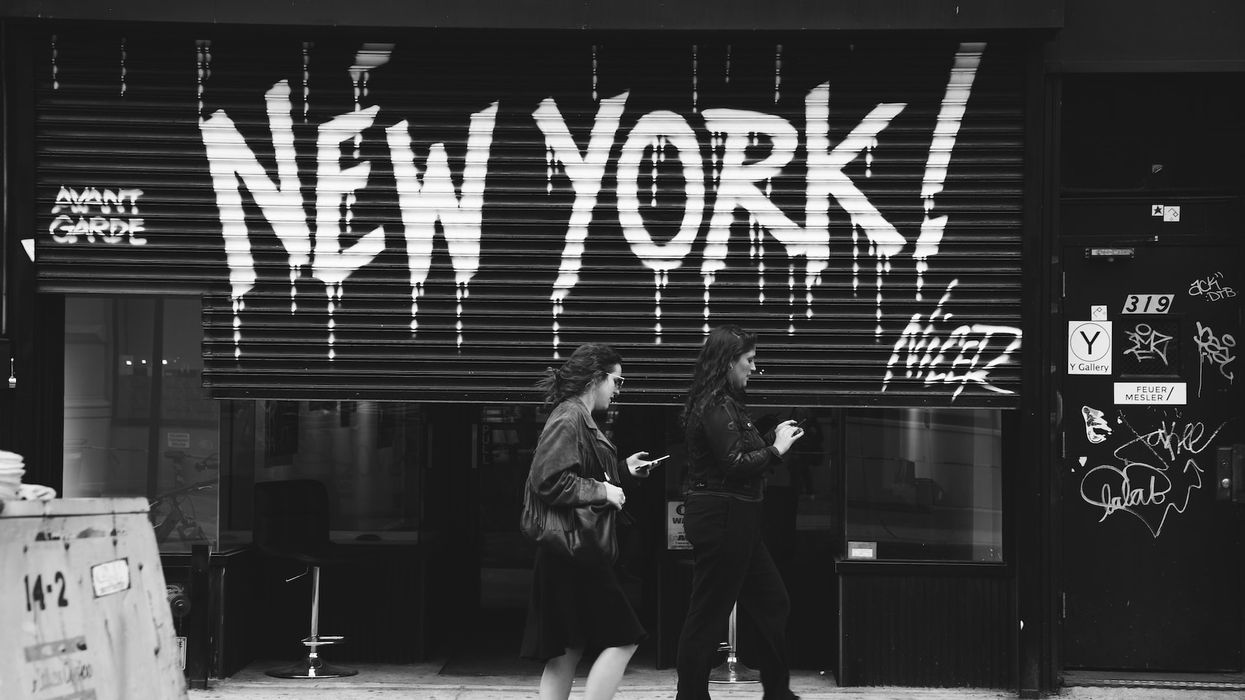In a significant step toward expanding marijuana access and consumption options in California, a bill that would legalize marijuana cafes has cleared its final legislative hurdle and is now on its way to Governor Gavin Newsom's desk for approval. The legislation, known as AB 374, has garnered bipartisan support and aims to provide a more welcoming environment for cannabis users while generating additional revenue for the state.
After receiving amendments from the Senate, the Assembly voted 48-7 in favor of the bill, indicating strong support for this innovative approach to marijuana legalization. If signed into law, AB 374 would allow dispensaries to offer non-cannabis food and drinks at their locations, subject to local government approval.
Key provisions of AB 374 include:
- Non-Cannabis Food and Beverages: The bill permits local governments to authorize cannabis consumption lounges to prepare and sell non-cannabis foods and soft drinks at their facilities. This move would allow consumers to enjoy a meal or a beverage alongside their cannabis consumption. However, the sale of alcoholic beverages would remain prohibited.
- Entertainment Options: AB 374 explicitly authorizes live musical performances and other forms of entertainment at cannabis cafes. This provision could contribute to a vibrant and culturally diverse experience for patrons while expanding business opportunities.
- Separation of Products: The legislation emphasizes that non-cannabis items must be stored and displayed separately from all cannabis and cannabis products present on the premises. This ensures clear differentiation between cannabis and non-cannabis products for consumer safety and compliance.
The bill was amended during the legislative process to clarify that hemp-based food items or drinks are not considered "non-cannabis" products eligible for sale at these cafes. This distinction aims to prevent any confusion between hemp and cannabis products.
Currently, some California businesses have operated in a legal gray area, partnering with separately licensed restaurants to provide food alongside cannabis consumption. AB 374 seeks to formalize these arrangements and provide regulatory clarity.
Governor Newsom, a long standing supporter of cannabis legalization, has not publicly commented on the legislation. However, his track record suggests a favorable disposition toward such measures.
This development comes in the wake of another significant move in California's drug policy landscape, with lawmakers sending a bill to the governor last week to legalize psychedelics for adults aged 21 and older. Newsom's stance on this issue is less clear, as he has previously vetoed a measure to create a safe drug consumption pilot program in the state, raising questions about his willingness to support drug policy reforms beyond the realm of cannabis.
Additionally, the Assembly Appropriations Committee recently approved a Senate-passed bill aimed at bolstering protections for workers who use cannabis outside of work hours.
This measure, if approved by the full Assembly, would build upon existing employment protections established last session, preventing employers from penalizing most workers for legal cannabis use during their personal time.
State Attorney General Rob Bonta has also taken steps to address challenges in the cannabis industry, announcing a program aimed at curbing the illicit market and acknowledging that the high tax rate on cannabis in the state may contribute to the persistence of illegal sales.
Bonta's office has been actively seeking input from local governments and cannabis industry groups to assess the potential legal risks associated with authorizing interstate marijuana commerce in the context of ongoing federal prohibition.
In tandem with these legislative advancements, the emergence of innovative concepts on the opposite coast such as New York’s The Flower Hour and Happy Munkey are redefining the way individuals engage with and learn about cannabis.
The Flower Hour, inspired by the elegance of wine tastings and brand activation platforms, aims to dismantle stereotypes and misconceptions surrounding cannabis by offering meticulously curated tastings, immersive experiences, activations, and comprehensive education initiatives. Its vision for a future where cannabis is celebrated, comprehended, and cherished marks a paradigm shift in how society perceives and interacts with cannabis.
Happy Munkey's 7/10 Sensual Soiree and New York's Cannabis Growers Showcases represent other pioneering endeavors that explore the boundaries of what is possible in the evolving legal landscape. These initiatives transcend conventional boundaries, creating a community of individuals who appreciate the plant's nuances and the importance of responsible consumption.
As California moves closer to the potential legalization of marijuana cafes, it continues to navigate the intricate landscape of cannabis regulation, seeking to strike a balance between consumer interests, public health, and economic growth.
The decision of Governor Newsom on AB 374 will ultimately determine whether California joins the ranks of jurisdictions offering a unique and diverse cannabis experience. These exciting developments underscore the continuous evolution of cannabis culture, and the innovative pioneers leading the way toward responsible and informed cannabis engagement.
While AB 374 represents a promising opportunity to expand marijuana access and create new business ventures, it also faces potential hurdles and concerns, including opposition from some who argue that it may compromise public health and fairness in the marketplace.
As California moves closer to the potential legalization of marijuana cafes, the state will continue to navigate the complex landscape of cannabis regulation, seeking to strike a balance between consumer interests, public health, and economic growth. The decision of Governor Newsom on AB 374 will ultimately determine whether California joins the ranks of jurisdictions offering a unique and diverse cannabis experience akin to Amsterdam's famed cafes.
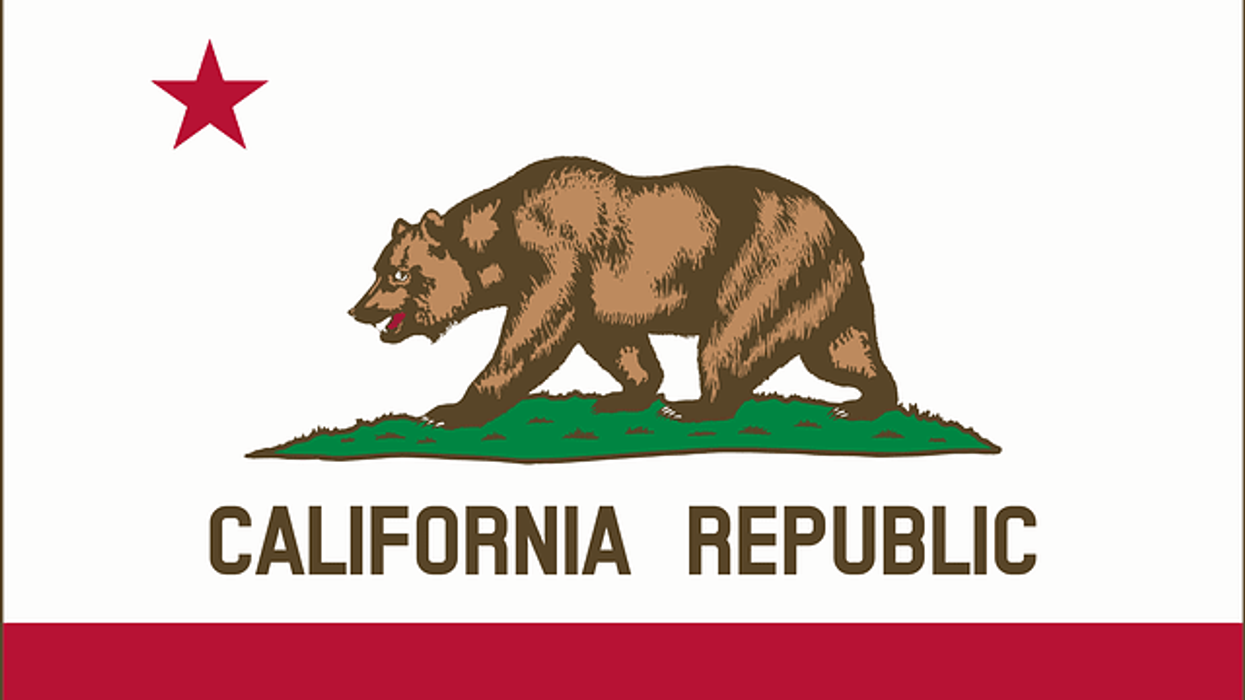

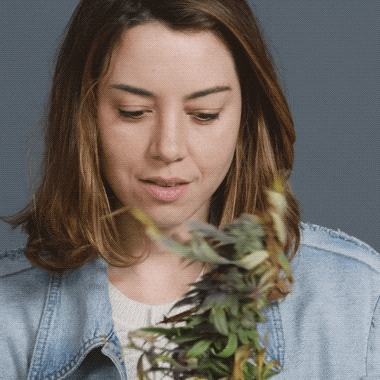

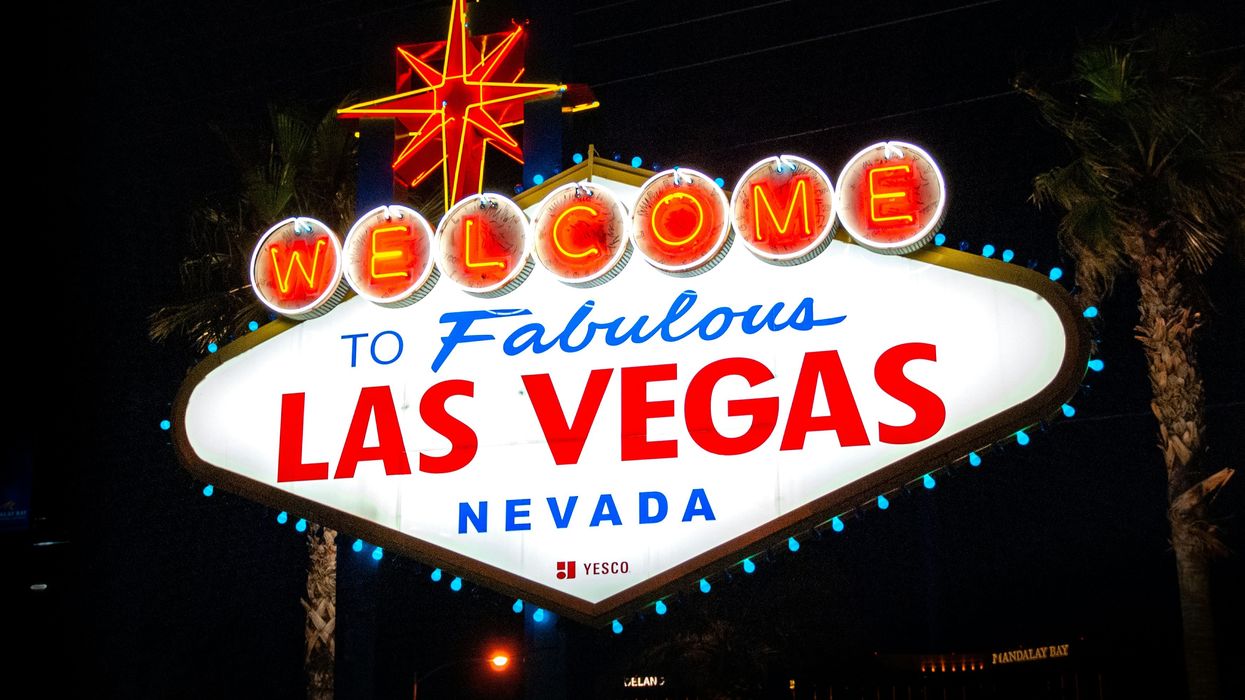
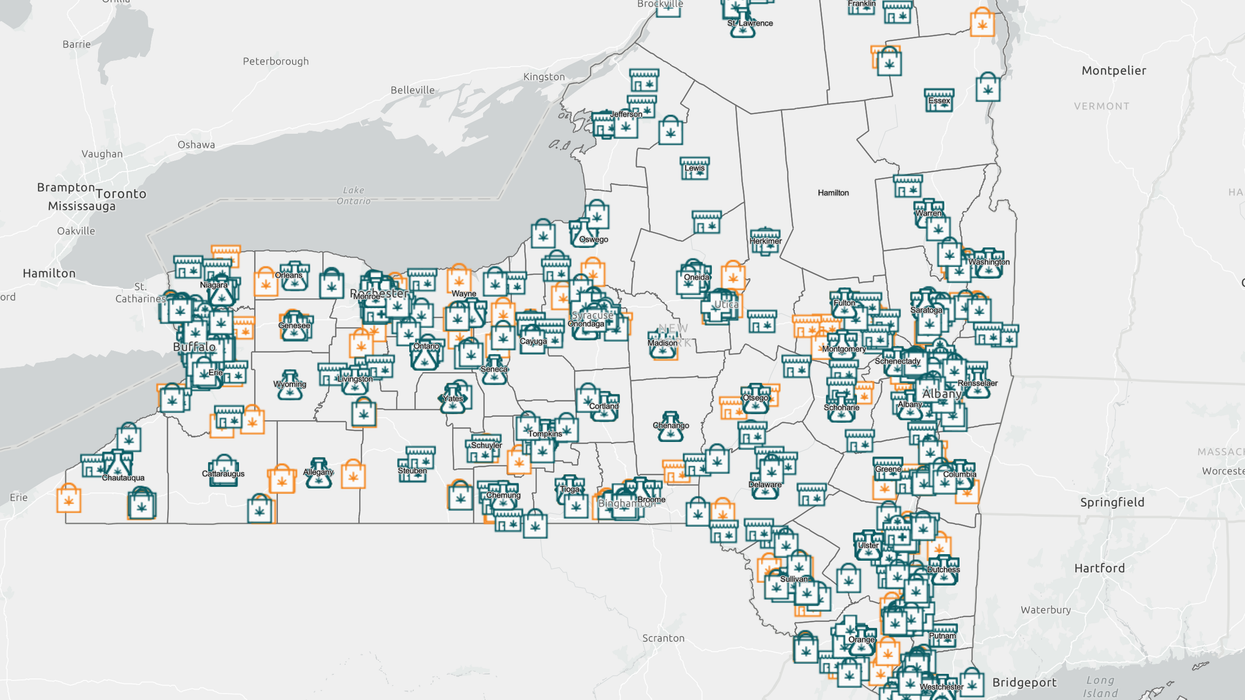

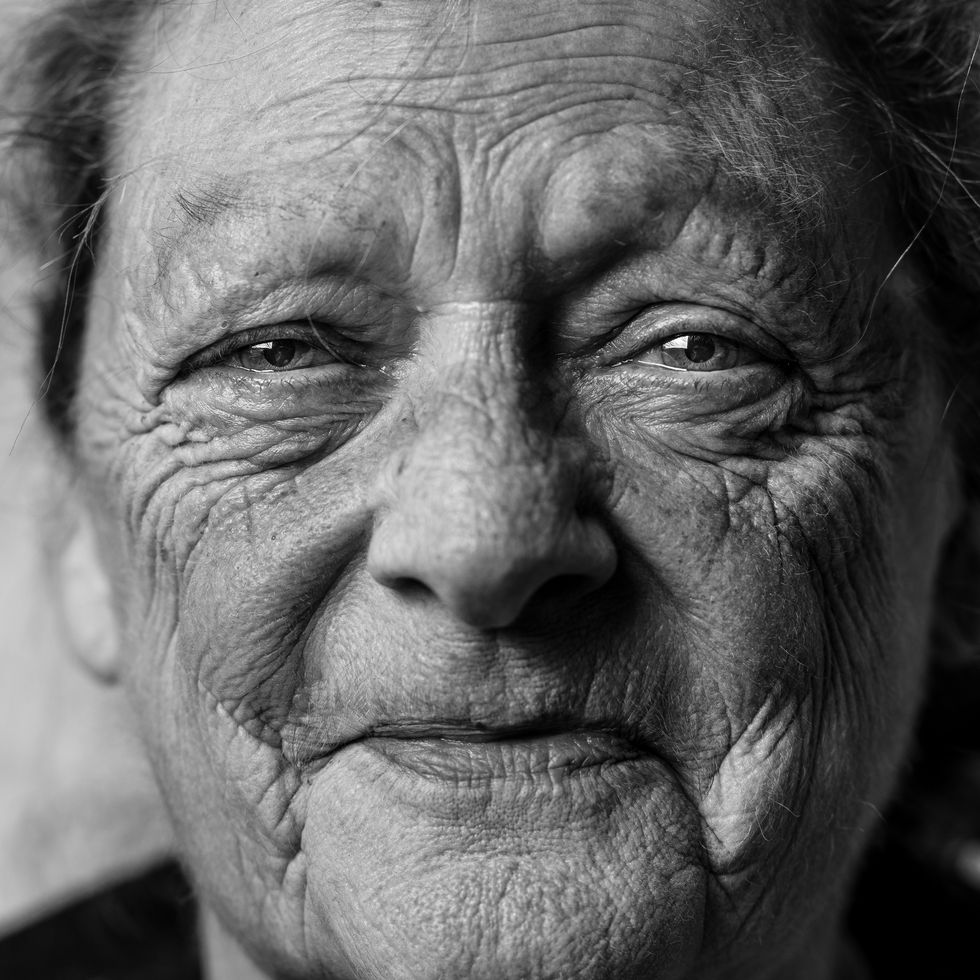 Cannabis and Aging: A Groundbreaking Study Challenges Long-Held Beliefs
Photo by
Cannabis and Aging: A Groundbreaking Study Challenges Long-Held Beliefs
Photo by 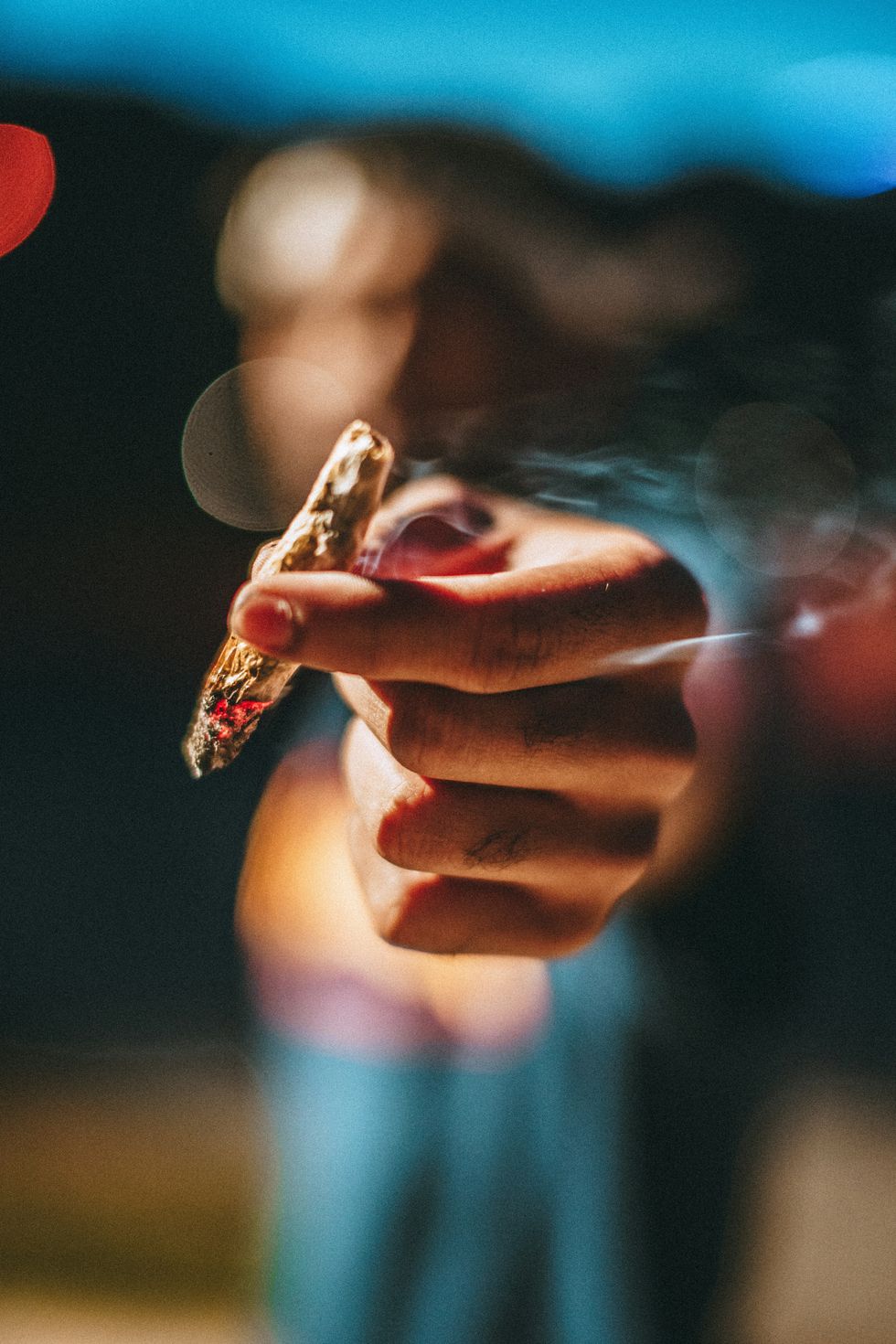 Cannabis and Aging: A Groundbreaking Study Challenges Long-Held Beliefs
Photo by
Cannabis and Aging: A Groundbreaking Study Challenges Long-Held Beliefs
Photo by 






 Cigar smoking in a bar....
Cigar smoking in a bar....  Movie theater as consumption space? Not a bad idea.....
Movie theater as consumption space? Not a bad idea..... 
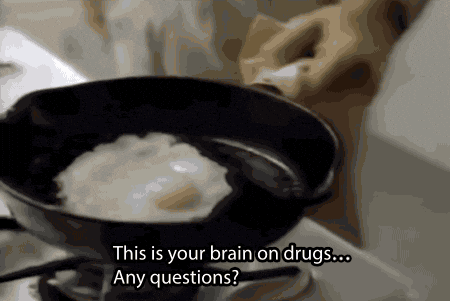
 DEA prohibited from randomly searching passengers at airports and other transport hubs - The Bluntness
commons.wikimedia.org
DEA prohibited from randomly searching passengers at airports and other transport hubs - The Bluntness
commons.wikimedia.org
